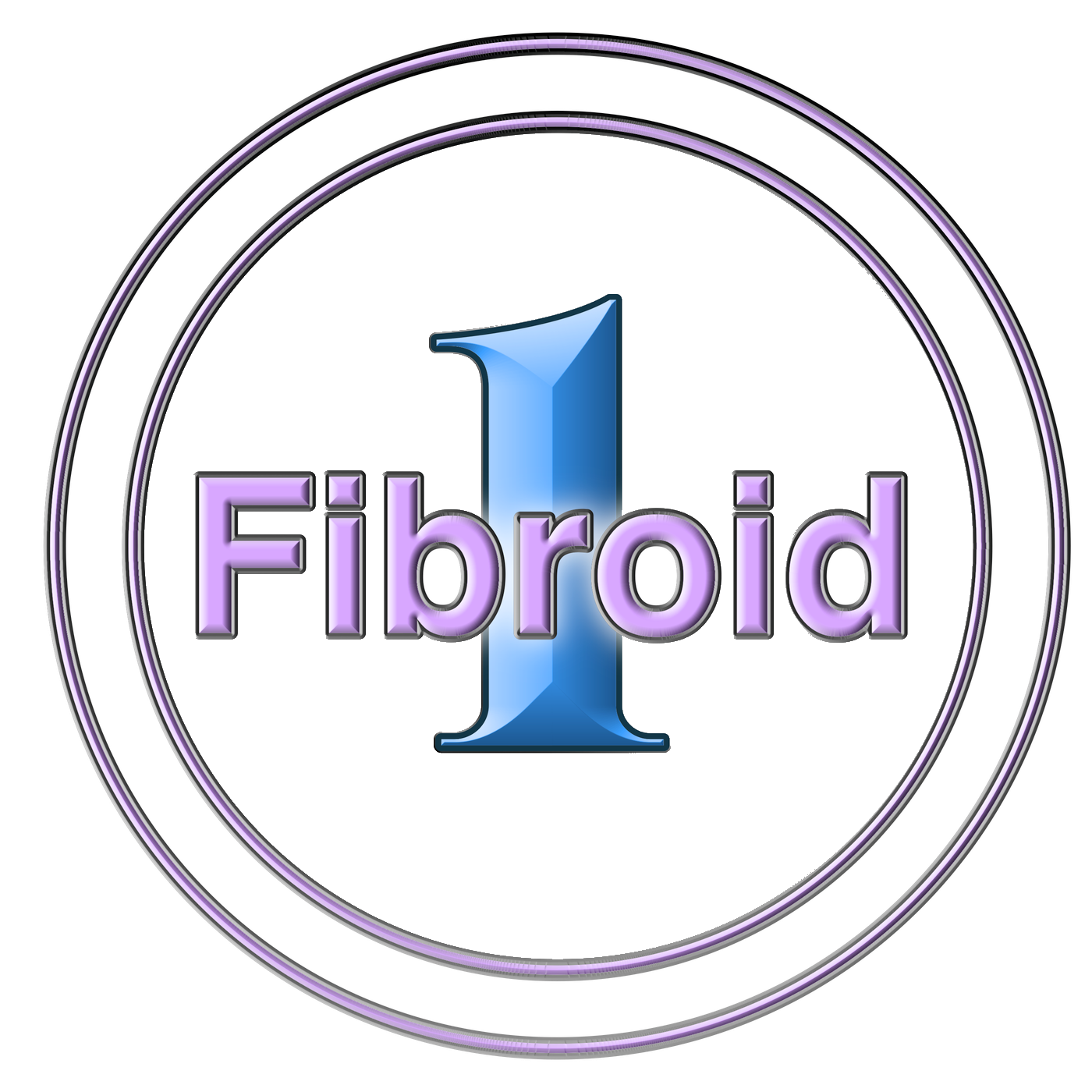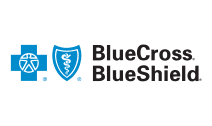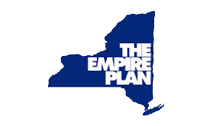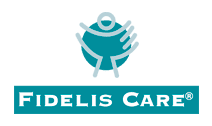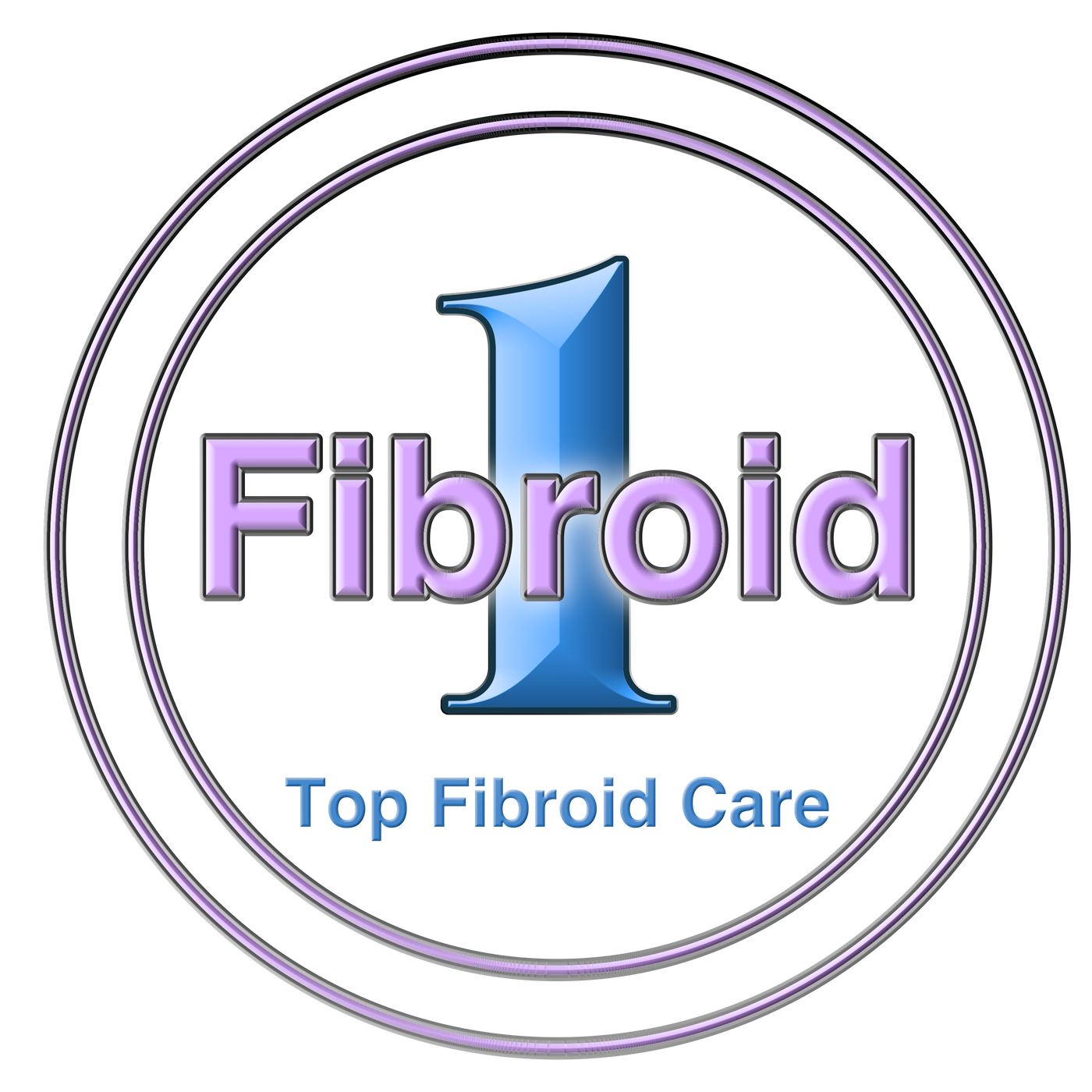Living life in good health requires eating the right foods and staying active. However, this may not be enough if you live with uterine fibroids. These non-cancerous growths occur in up to 70% of women by the time they hit the age of 55. However, by avoiding certain beverages and foods while increasing the intake of others, their growth can be slowed. Fewer fibroids that are of smaller size can help minimize the potential symptoms of uterine fibroids.
The Foundation Of A Fibroid Friendly Diet
It’s no secret that we should all attempt to stick to a healthy diet. Eating poorly can lead to obesity, heart disease, diabetes, and countless other health issues. Poor diets are prevalent in the United States, with a third of all Americans being obese. Obesity is tied to numerous health conditions, not the least of which is the growth of uterine fibroids. Women who are obese have a greater instance of more and larger fibroids when compared to those of a healthy weight. Ham, beef, and other red meats have also been tied to these non-cancerous growths.
While eating a healthy diet may not prevent uterine fibroids in high-risk patients, it can slow their growth and reduce the resulting symptoms. The following dietary choices are part of a fibroid-friendly diet.
If you’re at high risk for fibroids, eating a healthy diet may not prevent you from developing them at all, but it could slow their development or help to reduce symptoms. Let’s look at what constitutes a fibroid-friendly diet for women.
- Fruits, Whole Milk, and Eggs – A study followed 22,000 premenopausal women to determine the effects of diet. The results indicated that those with a greater intake of preformed vitamin A and fruit had a reduced risk of uterine fibroids. Preformed vitamin A can be consumed in animal products, including whole milk and eggs.
- Vitamin D – This fat-soluble vitamin has been shown to potentially prevent the growth of fibroids. Current wisdom suggests that this vitamin reduces the ability of fibroid cells to produce fibrous tissue. Egg yolks, dairy products, cod-liver oil, sardines, salmon, herring, tofu, and fortified breakfast cereals are all good sources. Spending some time in the sun each week can also help you get sufficient Vitamin D.
- Kale, Cabbage, Broccoli – These foods are high in indole-3-carbinol, which has been suggested to slow tumor production caused by estrogen. This includes uterine fibroids. Cabbage, cauliflower, rutabagas, wasabi, broccoli, and bok choy are other good sources of indole-3-carbinol.
Studies also revealed that women who had a high intake of alcohol and caffeine were at enhanced risk of developing uterine fibroids. Beer, in particular, seems to be a contributor to their development. Heavy menstrual bleeding is a symptom of fibroids. Both alcohol and caffeine have been associated with issues with iron retention and can contribute to the development of anemia in these women.
Speak To Your Fibroid Specialist For More Tips
If you’re concerned about preventing uterine fibroids, speak to your fibroid specialist. They’ll be able to suggest other steps you can take to help reduce their appearance.
